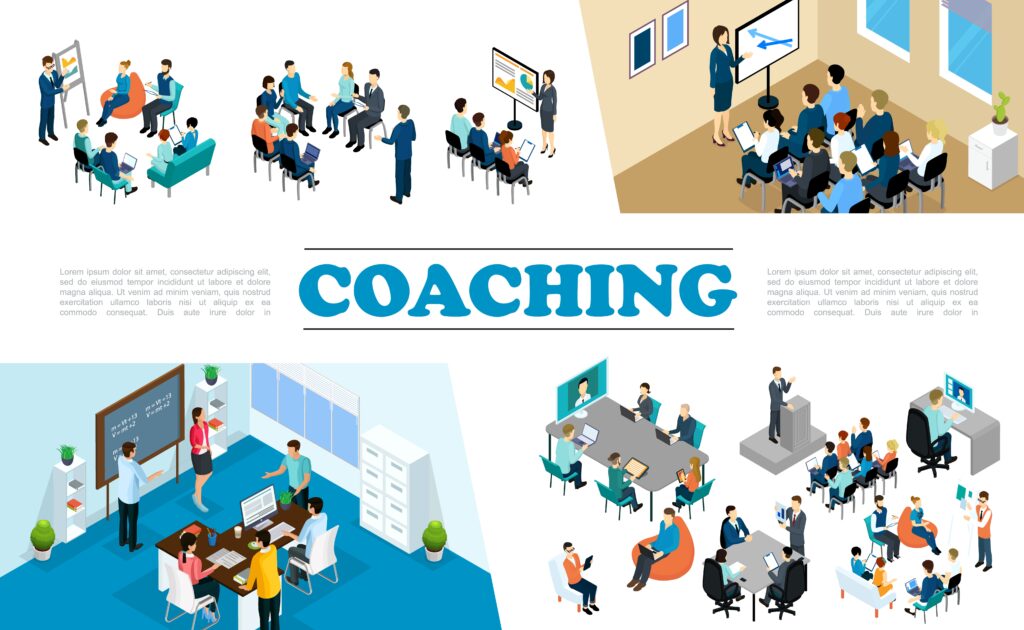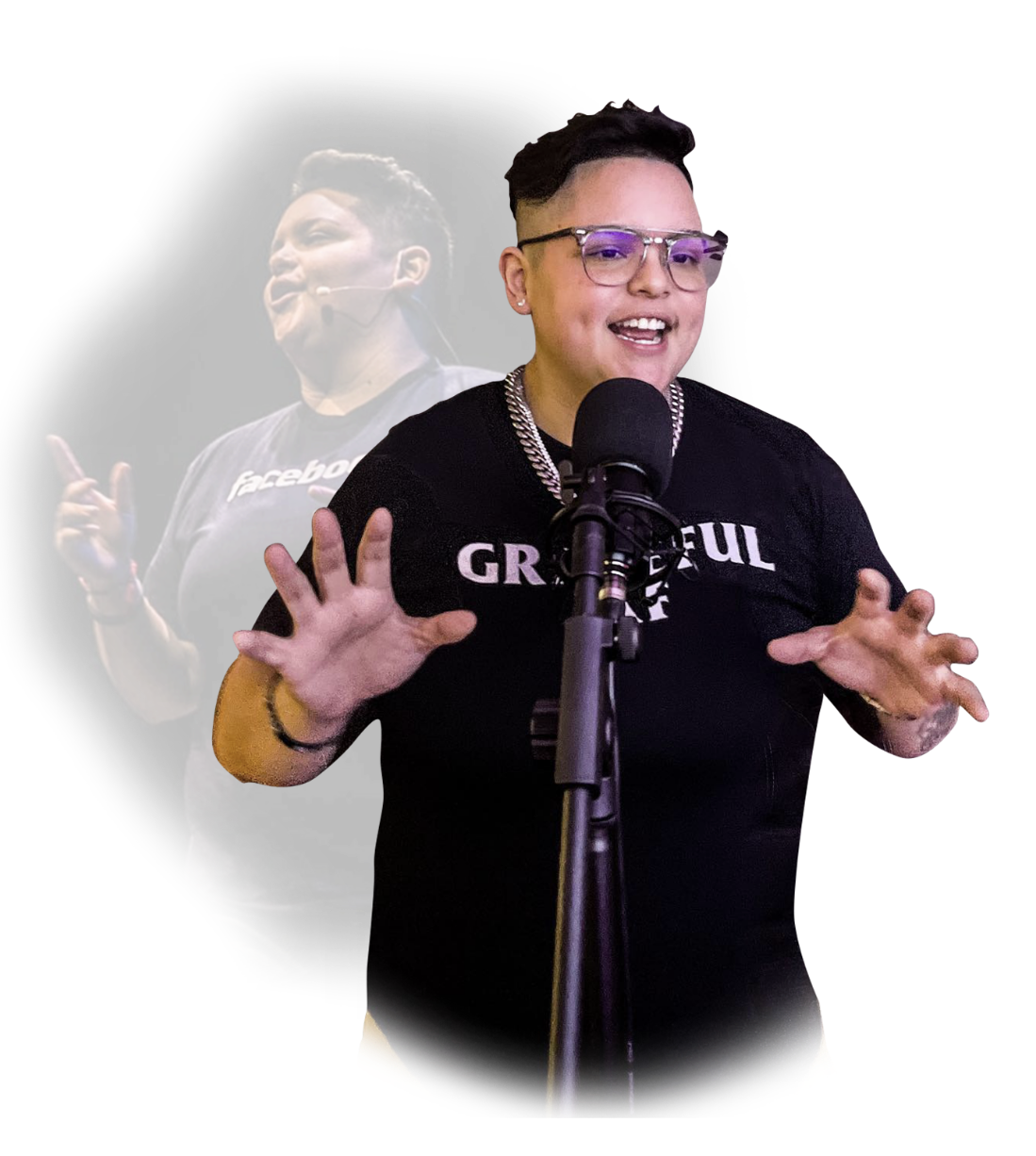If you’re feeling overwhelmed and like you can’t seem to get ahead, it might be time to consider organisational coaching. Organisational coaching is a type of coaching that helps people learn how to better organise their work life. This type of coaching can be incredibly helpful for individuals who feel like they are constantly behind and don’t know where to start. In this blog post, we will discuss the benefits of organisational coaching and how it can help you get your work life under control!
Organisational coaching can help you learn how to better manage your time, set priorities, and achieve work-life balance. If you feel like you’re always running behind and never have enough time for yourself, organisational coaching can help you change that. Organisational coaching can also help you learn how to delegate tasks and responsibilities, so that you’re not taking on more than you can handle.
If you’re interested in learning more about organisational coaching and how it can benefit your work life, contact us today! We would be happy to answer any of your questions and get you started on the path to a more organised work life.
Coaching can provide individuals with an unbiased outside perspective regarding their professional goals, as well as act as a sounding board to help them develop actionable steps to achieve these goals. Organisational coaching can help you learn how to better manage your time, set priorities, and achieve work-life balance. If you’re interested in learning more about organisational coaching and how it can benefit your work life, contact us today! We would be happy to answer any of your questions and get you started on the path to a more organised work life.

What to expect during the coaching process
Coaching can help you organise your work life by providing you with tools and strategies to manage your time more effectively. During the coaching process, you will learn how to set priorities, delegate tasks, and create a system that works for you. You will also have the opportunity to share your challenges and successes with your coach, who can provide support and accountability. The goal of coaching is to help you become more organised and productive in your work life so that you can achieve your goals.
If you are feeling overwhelmed by your workload, or if you are struggling to find balance between work and other aspects of your life, consider reaching out to a coach who can help you get organised. Coaching is an investment in yourself that can pay off in many ways. It can help you save time, reduce stress, and increase your productivity. Organisational coaching can help you create a work life that works for you.
The benefits of working with an organisational coach
there are many. Organisational coaching can help you learn how to manage your time more effectively, set priorities, and create systems that work for you. An organisational coach can also help you identify your strengths and weaknesses when it comes to organisation, and develop strategies to overcome any challenges you may face.
If you’re struggling to keep on top of your work life, consider reaching out to an organisational coach for help. With their guidance and support, you can get your work life back on track in no time. Schedule a free consultation today to see how coaching can benefit you!
Organisational coaching is not just about teaching people how to be organised; it’s about helping them understand why being organised matters. It’s important to feel in control of your work life, and an organisational coach can help you achieve that sense of control. If you’re feeling overwhelmed by your work life, coaching can be a lifesaver.
If you’re interested in learning more about organisational coaching, or if you’d like to schedule a free consultation, please contact me today. I’m here to help you get your work life back on track! Organisational coaching may just be the solution you’ve been searching for.

How to make the most of your coaching experience
– Set realistic goals:
Organisational coaching can help you achieve a lot, but it’s important to be realistic about what you can accomplish. Before you begin working with a coach, take some time to think about what you’d like to achieve and set some achievable goals.
– Be open to feedback:
In order to get the most out of your coaching experience, you need to be open to feedback. Your coach will offer valuable insights and perspectives, so be sure to listen with an open mind.
– Be willing to change:
Organisational coaching can help you make lasting changes in your life, but only if you’re willing to put in the work. If you’re not ready or willing to change, coaching may not be right for you.
If you’re ready to make a change in your work life, contact me today to schedule a free consultation. I’ll be happy to answer any questions you have and help you decide if coaching is right for you. Let’s get started on your journey to a more organised work life!
Organisational coaching can help individuals learn how to manage time more effectively, set priorities, and create systems that work better for them. If someone is struggling with their work life, they should consider reaching out to an organisational coach. With the help of a coach, people can overcome any challenges they may face when it comes to organisation.

What is organisational coaching?
Organisational coaching’s purpose is to produce change throughout an entire company. Individual executive coaching concentrates on developing the person while team coaching, which usually falls under organisational coaching, has the manager and his or her direct reports working together.
Organisational focus
Organisational coaching is distinct from other types of guidance in that it works with whole teams rather than individuals. The goal is to assist the team achieve corporate objectives and goals. Engagements might be huge and complicated, including executive leadership and dozens of teams.
Achieving company goals requires more than just structure; it often necessitates an entire team of professional coaches. popular Development programs might focus on topics such as crisis management, profitability attainment, and diversity and inclusion issues.
Achieving specific objectives within a company can be difficult to identify, but an organisational coach can help. They will assess the best way to achieve these goals based on the member’s level of experience or expertise in that industry. It may seem daunting at first glance, especially from a logistical standpoint, but it is possible to assemble an internal coaching staff with outside firms that focus on organisational development.
Types of organisational coaching
Depending on the client’s needs, organisational consulting can take many different forms. For example, a business executive might benefit from one-on-one coaching sessions, while a team coaching approach can help to improve procedures and boost productivity. A competent coach or group of coaches can quickly determine which form of coaching is appropriate for a company.

Here’s a list (not comprehensive) of different types of organisational coaching:
-Team coaching
Teams are the heart of any business. They may be found in both the manufacturing area and the CEO’s office. Organisational coaching aims to help these teams collaborate towards shared objectives, bringing their talents together for greater productivity.
To bring about change, a coach must observe employees going about their work, ask them probing questions to identify areas needing improvement, and pinpoint errors in the system. After that, coaches can work with teams to develop solutions for weaknesses and harness strengths.
-Executive coaching
Executive coaching, which is also called “leadership coaching,” has become a popular type of coaching that organisations use. In the past, this style of coaching was reserved for leaders who needed help developing themselves so they could have an even bigger impact. Nowadays, it’s used to stop someone’s career-limiting behaviours early and identify the areas where they need to grow so they can perform at more senior levels.
It is critical that the people being coached are assigned to the proper leadership development coach as part of the process. This can sometimes be a trying experience. Executive coaching generally necessitates a long-term connection that includes professional mentoring and improvement. Because coaching is such a personal matter, it may be difficult to find someone who is compatible after experimenting with a few coaches.
An executive coach can assist clients in developing weekly action plans and helping them attain self-awareness. A coach and a coach form an intimate relationship, leading to higher levels of trust, which leads to professional development.
-Integrated coaching
Integrated coaching is the term for organisational consulting that complements a larger educational and training program. During the training process, employees are usually introduced to their coach, but real coaching doesn’t start until afterwards. Coaches assist participants in applying what they’ve learnt after completing training by encouraging them to practice new skills and routines at work. Clients may be kept inspired as they learn new abilities and behaviours at work thanks to their coaches.
-Online coaching
Many people have shifted to working online, so it only makes sense that coaching would also go digital. With an online format, you’re not limited by your location or time zone when searching for a coach. You also have access to a larger pool of coaches with specialised skills.

Choosing an organisational coaching program
Organisational coaching programs and external consultants can be beneficial, but only if you carefully select the right person or firm for the job. Steer clear of those who may cause more harm than good, and make sure to do your research before making any decisions. By following these tips, you’ll be well on your way to choosing the perfect candidate:
-Check the references of a third party coaching organisation
Working with a third party to create an organisational program may save you a lot of time and effort if done correctly. Facilitators, who operate on a large scale, are frequently able to work in many languages. They also have years of experience, having utilised tried-and-true methods based on science and study that had previously succeeded. Check out the references and outcomes of previous clients; ensure the coaching firm was able to assist its customers in achieving their objectives – and has metrics to prove it up.
-Review coaching credentials and methodologies
The first step in investigating any coaching firm is to ensure that the team members are credentialed. The International Coaching Federation (ICF) offers certification, which is a valuable distinction. If specific tools and techniques will be utilised during client evaluations, it’s essential that the coaches conducting these sessions are qualified. And if the panel boasts real-world industry expertise, ask about their business consulting experience with other firms.
-Establish fields of focus — and hire accordingly
Doing your research before you commit to hiring a coaching firm is important. Set realistic goals, and be specific about the areas in which you need help. For example, if you’re trying to increase your sales numbers or fix an organisational problem, it would make sense to hire a coach with experience and expertise in those areas. Keep in mind that coaches who have previously held executive roles might be better suited for helping C-level employees achieve their goals. When it comes time to discuss coach experience with potential candidates, make sure you are clear about your requirements.
-Look for a large pool of coaches
The Picky Coach is a coaching agency that matches each client with one of several coaches who are just right for them. In these partnerships, trust is crucial, and we want to make sure our clients have the best possible chance of success. We’ve been able to improve upon past achievements by employing algorithms and machine learning.
-Know your goals
Finally, make sure everyone knows what your coaching services are intended to achieve. Is it for the purpose of creating a coaching culture at your firm? Do you wish to instil corporate values in your staff? Do you want to have an immediate influence on earnings? All of these things should be evaluated on a regular basis to determine the effectiveness and success of your training program.
While traditional coaching helps people and organisations improve at a more shallow level, life coaching delves much deeper to effect real and lasting change. If you want to do the same for yourself, consider seeking out a life coach.

Develop a best-in-class internal coaching practice
Without a coaching panel, organisational development coaching would not be possible. A coaching panel, sometimes known as a coaching panel, is required in order for organisational development to occur. Exceptional coaching panels are those that are carefully put together with these questions addressed:
What standards?
What are the standards we require from our coaches (e.g. an advanced degree in psychology or human change, coach certification)?
What diagnostics?
Which diagnostics or psychometrics will we use? If yes, which ones, and are the coaches accredited in these methods?
What expertise?
Coaches have their own unique interests and areas of expertise. For instance, they may focus on increasing emotional intelligence, leadership skills, sales techniques or specific business skills. They may also bring personal experience in a particular domain to the table (for example, an ex-CEO). What sort of expert knowledge do you need from the panel?
Where sourced?
We have three options for coaching– an external organisation that provides multiple coaches, individual external coaches recommended by others, or internal coaches. Here are some advantages and disadvantages of each option:
-External coaching organisations:
Logistics is simplified. Many excellent instructors, on the other hand, do not offer their services through coaching organisations, preferring to remain self-employed.
-External individual providers:
The second is that a lot of clients are avoiding the traditional route and opting to work with independent contractors. They’re more complicated logistics, but you’ll be working with outstanding suppliers who don’t use third-party training firms.
-Internal coaches:
Because of these issues, many businesses employ a hybrid model, in which each and every coach is hand-picked and a good fit for the organisation as well as the person being coached.
Is the coaching having an impact?
To ensure that the coaching provided is effective and decide whether to keep the coach for future engagements, organisations with great coaching staffs use post-coaching assessments. They also have a supervision process in place.
What matching process will be used?
The relationship, trust, and rapport between a coach and client will have an important impact on the coaching’s effectiveness. One approach to control the matching procedure is to provide three potential coaches (based on knowledge of the coach and the client’s requirements) and allow the customer to speak with and choose from them.
How will we ensure that a systemic intervention is taking place?
Given the aim of system change, it’s critical to think about how the community of coaches on the panel will be informed and able to work with an awareness of the wider organisational context and priorities. CEO/executive briefings for coaches on key organisational issues and solutions, as well as opportunities to discuss themes on organisational problems (e.g. lack of flexibility limiting employee engagement), are two effective alternatives while preserving client confidentiality.

Augment leadership development programs with coaching
The coaching panels above can be integrated into leadership development programs with the purpose of targeting specific leadership capabilities (e.g. authenticity, teaming, collaboration, innovation). Research shows that when used together, coaching and leadership development training have more successful outcomes than just using training alone. Coaching can be incorporated at different stages throughout the leadership program:
Before:
The purpose of this innovative initiative was to enhance leaders’ thinking and readiness for leadership development work.
During:
After you’ve completed the leadership training course, continue to work through issues and challenges that have emerged throughout the structured program.
After:
To assist participants in understanding material, increase their post-program learning and change, and/or teach teams of participants to accomplish specific objectives such as experiential goals via action learning experiences.
Conclusion:
If you’re feeling overwhelmed and like you can’t seem to get ahead, it might be time to consider organisational coaching. Organisational coaching is a type of coaching that helps people learn how to better organise their work life. This type of coaching can be incredibly helpful for individuals who feel like they are constantly behind and don’t know where to start. In this blog post, we will discuss the benefits of organisational coaching and how it can help you get your work life under control! Coaching has been shown to have many benefits for those struggling with organisation. Perhaps the most significant benefit is that it gives people back their sense of control. When our lives feel out of control, it’s easy to become overwhelmed and stressed. Coaching teaches individuals how to take charge of their work life again and set boundaries so they can focus on what’s important. In addition, coaching provides structure and support which can be essential when trying to make changes in one’s life. Finally, coaches provide accountability- something that is often missing when people are trying to change on their own. If you’re interested in learning more about organisational coaching or would like help getting started, please contact us today! We would be happy to chat with you about your specific needs and see if this form of coaching could be right for you!























